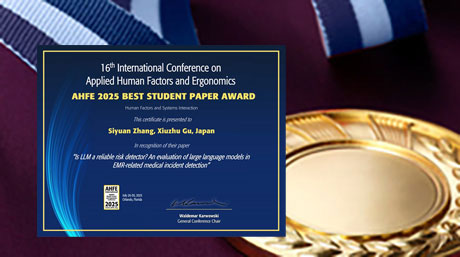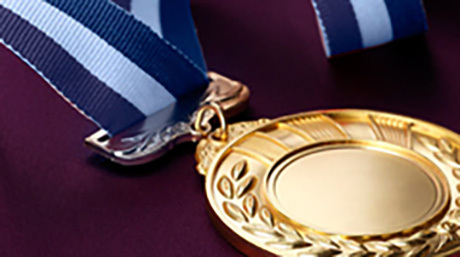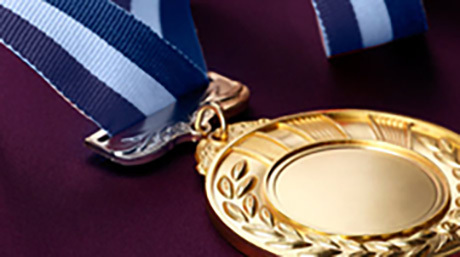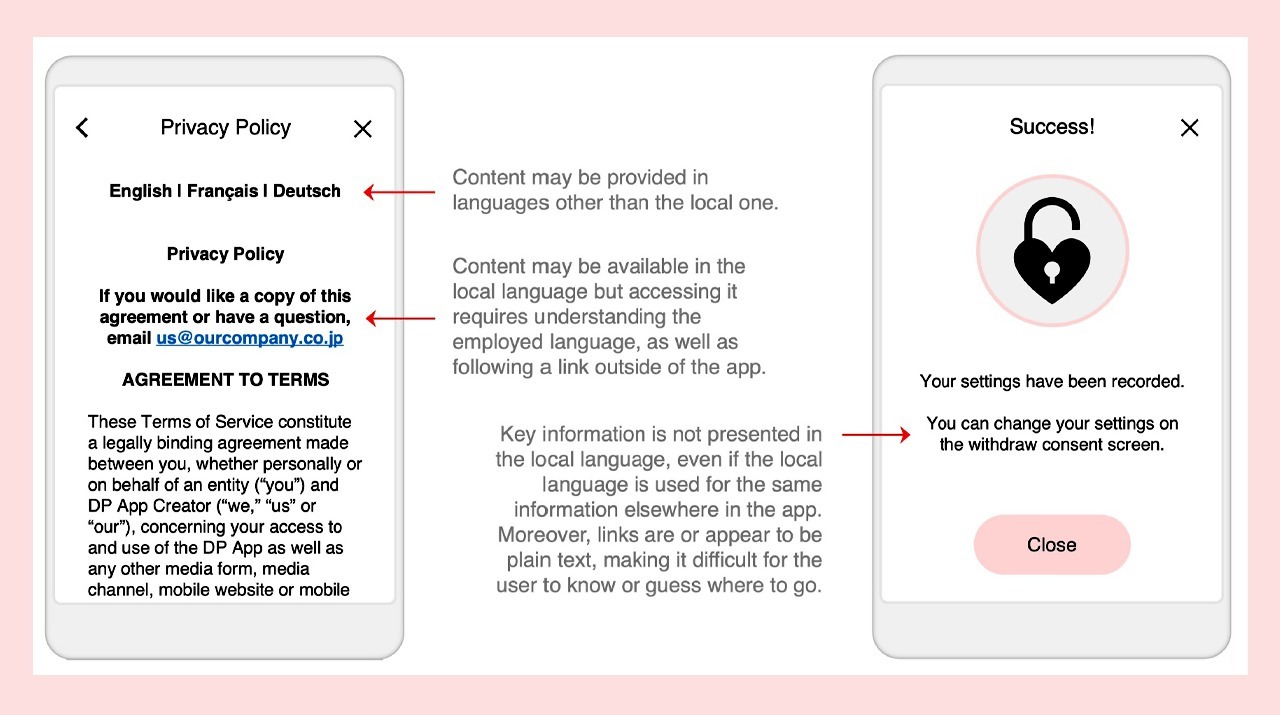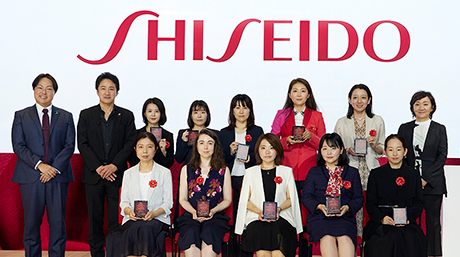Industrial Engineering and Economics News
The 3rd Engineering School Sustainability Challenge, a Contest for Business Plans was held
Tokyo Tech's School of Engineering recently hosted the 3rd E×S Challenge, a competition in which students and young researchers compete with business concepts that aim to realize a sustainable society through the application of engineering. This year, five Tokyo Tech teams and four teams from National Taiwan University and National Taiwan University of Science and Technology participated. The final presentations during the contest's LAUNCH stage and the awards ceremony were held on December 2.
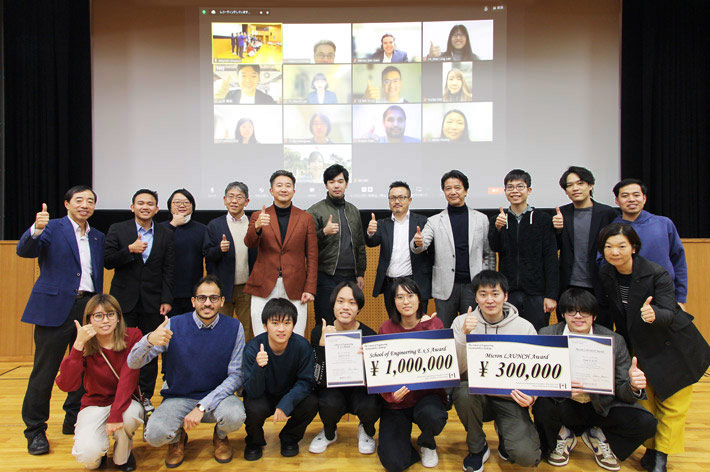
E×S Challenge awards ceremony
The School of Engineering's E×S Challenge, held for the third time in 2023, encourages students and young researchers to utilize their engineering (E) skills and pitch feasible business ideas that aim to achieve a more sustainable society (S). The contest, which focuses on the achievement of the world's Sustainable Development Goals, rewards the most innovative participants with development funds to help them realize their solutions. The challenge consists of three stages ― PITCH, STORM, and LAUNCH.
In the PITCH contest on September 2, teams presented their new business ideas in three-minute presentations in English.
During the STORM stage, the goal was to merge multiple teams into one, aiming for a quantum leap in ideas and feasibility. This year, the initial nine teams were reorganized into five teams, and the interim presentations was held on October 14. With the support of mentors from Nomura Research Institute and other companies, each team developed a business plan to solve a social issue.
The resulting business plans were presented at the final LAUNCH presentations on December 2. This was the first time that the final presentations were given in a hybrid in-person and online format. An international panel of judges consisting of E×S Challenge alumni, faculty from the School of Engineering, and professionals from Innovations and Future Creation Inc. and other companies were present to review the presentations.
E×S Challenge Award winners
The 3rd School of Engineering E×S Award was awarded to a team led by Sher Ling Lee from National Taiwan University's Department of Chemical Engineering and Shiho Aoki from Tokyo Tech's Department of Industrial Engineering and Economics. The team proposed the use of thin films made from waste tires and solar energy to solve problems related to water (cooling water, ultrapure water) and electricity use in the semiconductor industry. The winners received JPY 1 million in development funds from the School of Engineering Education Fund, supported by the Tokyo Tech Fund.
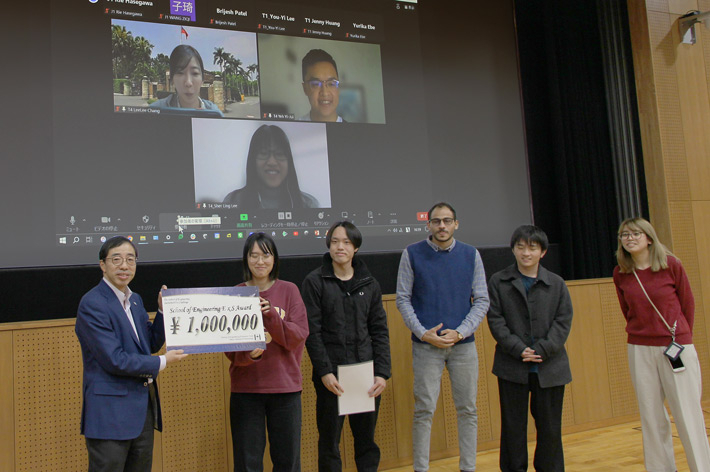
Winners of third E×S Challenge Award
The Micron LAUNCH Award, given by the Micron Foundation to the best team led by a woman in science and engineering, was awarded to the team led by Li-An Sie from National Taiwan University's Department of Bio-industry Communication and Development and Tetsuhiro Nakashima from Tokyo Tech's Department of Mechanical Engineering. The team's proposal involved the use of drones to create a more efficient garbage collection system, which included garbage disposal for people with limited mobility and management of garbage collection points. This team collected JPY 300,000 in development funds for their efforts.
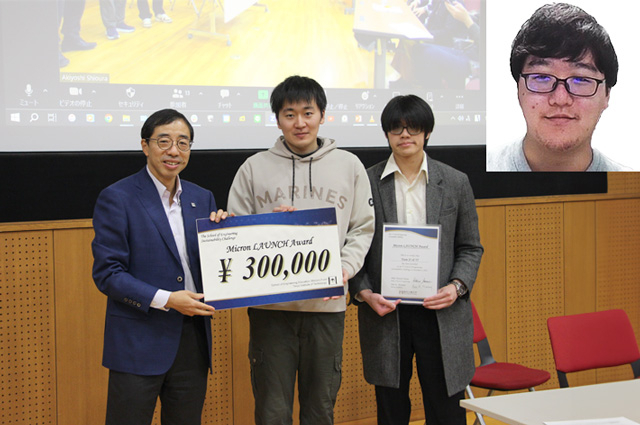
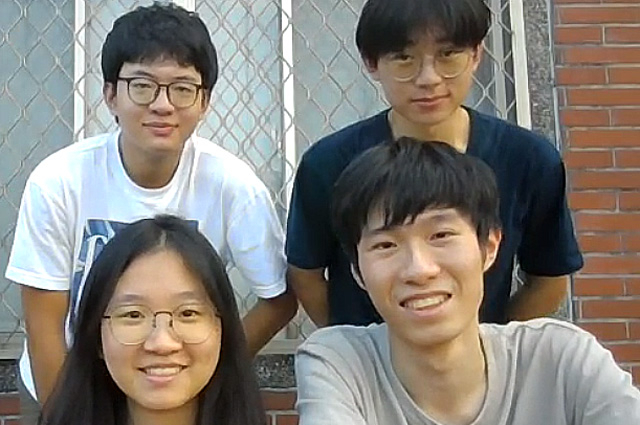
The teams will continue to develop their ideas while aiming to attract companies and investors who may want to supplement the resources provided by Tokyo Tech. Plans are underway for future E×S Challenges to include even more teams from outside the School of Engineering, and from the current Tokyo Medical and Dental University as Tokyo Tech looks to merge with its long-term partner![]() . The Executive Committee hopes that the number of students taking up the challenge in this contest will continue to increase.
. The Executive Committee hopes that the number of students taking up the challenge in this contest will continue to increase.
Comments from School of Engineering E×S Award winning team
Team leader Sher Ling Lee
3rd-year doctoral student, Chemical Engineering, National Taiwan University
It was a unique and memorable experience to join this year's E×S Challenge. During the STORM stage, we first thought that we needed to incorporate the ideas from both teams of Japan and Taiwan, which seemed to be impossible. However, through the first few weekly discussions, we finally managed to agree to tackle a new problem that neither team started up with. We are truly grateful for the help given by our mentors and the bits of advice given by the judges; this helped us to stay focused in reaching our goal. Throughout these three stages, we learned a lot as this is our first time cooperating with team members from different departments, universities, and countries. It is undeniable that our teamwork was strong as we communicated, exchanged ideas, and were always open to discussions. Most importantly, I think that the versatility within the group was the key that made us better and finally pushed us through the challenge. Finally, we want to thank E×S Challenge for giving us this golden opportunity to brainstorm and foresee the future potential of our technology to solve global concerns.
Team leader Shiho Aoki
4th year, Industrial Engineering and Economics, Tokyo Tech
I am very honored to receive the E×S Award. During the competition, we collaborated with a Taiwanese team and had many exchanges and discussions with them. We thought about how we can utilize the Taiwanese team's technology to solve the problems we want to solve. The filtration technology of the Taiwanese team was excellent and could especially contribute to the semiconductor industry. During the competition, we struggled to communicate and convince the judges of the advantages of their technology and business plan. With our different mother tongues and limited time, it was difficult to communicate remotely in English and communicate with each other to achieve the same goal through mutual understanding. Having said that, with advice from the mentors and judges, the teams spent a lot of time discussing with each other to achieve the same goal, and in the end, we were able to make a presentation that we were both satisfied with. I would like to express my sincere gratitude to all the team members, judges, and mentors involved. I would like to make the most of this experience and continue to devote myself to making social contributions toward the realization of a sustainable society.
Comments from Micron LAUNCH Award winning team
Team leader Li-An Sie
3rd year, Bio-industry Communication and Development, National Taiwan University
I'm truly honored to participate in the third E×S Challenge and receive the Micron LAUNCH Award. A special thanks goes to the encounter with the J2 team in the STORM phase. Through numerous discussions, we successfully integrated proposals from both teams. Our goal was to use autonomous driving technology to address existing garbage collection issues, aiming to create a better living environment and enhance the quality of life for the public. I appreciate the dedicated guidance from our mentors throughout the competition. The valuable advice we received prompted us to reevaluate our original plans and explore different perspectives. Last but not least, I must express my gratitude to the organizing team of Tokyo Tech for providing us with the opportunity to experience interdisciplinary collaboration and offering a platform for development. This allowed us to transform ideas into impactful solutions. This competition holds significant meaning for us.
Team leader Tetsuhiro Nakashima
2nd-year master's student, Mechanical Engineering, Tokyo Tech
Our team of three Tokyo Tech graduate-level students worked with a team of four National Taiwan University undergraduates on a "self-driving robot and household trash collection" project. This project theme was based on our team's work in the Lean Launchpad course offered by the Tokyo Tech Academy for Leadership (ToTAL) in the first semester of 2023.
Our team won the PITCH Founders Award and the Micron LAUNCH Award in the School of Engineering Sustainability Challenge. While the former was a result of our work at ToTAL, the latter would not have been possible without the ideas and advice of the Taiwanese team and their mentors. I am very grateful for the cooperation of the Taiwanese team and the mentors. In working with the Taiwanese team, we struggled quite a bit, especially with the language barrier and the different rhythm of life due to the difference in study levels, but overcoming these difficulties and achieving success was a very good experience.
- Students proposing treatment of cataracts win 2nd Engineering School E×S Challenge | Tokyo Tech News
- Group aiming for water conservation wins first School of Engineering E×S Challenge | Tokyo Tech News
- Twenty groups pitch business ideas at first School of Engineering E×S Challenge | Tokyo Tech News
This project is supported by Tokyo Tech Fund Tokyo Institute of Technology Fund
School of Engineering
—Creating New Industries and Advancing Civilization—
Information on School of Engineering inaugurated in April 2016


